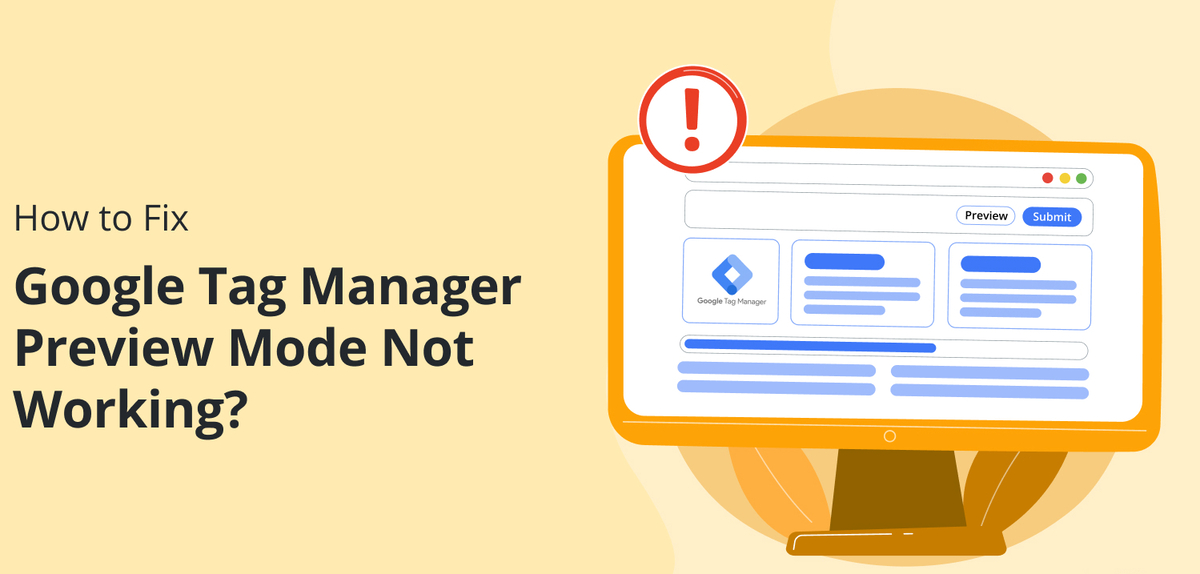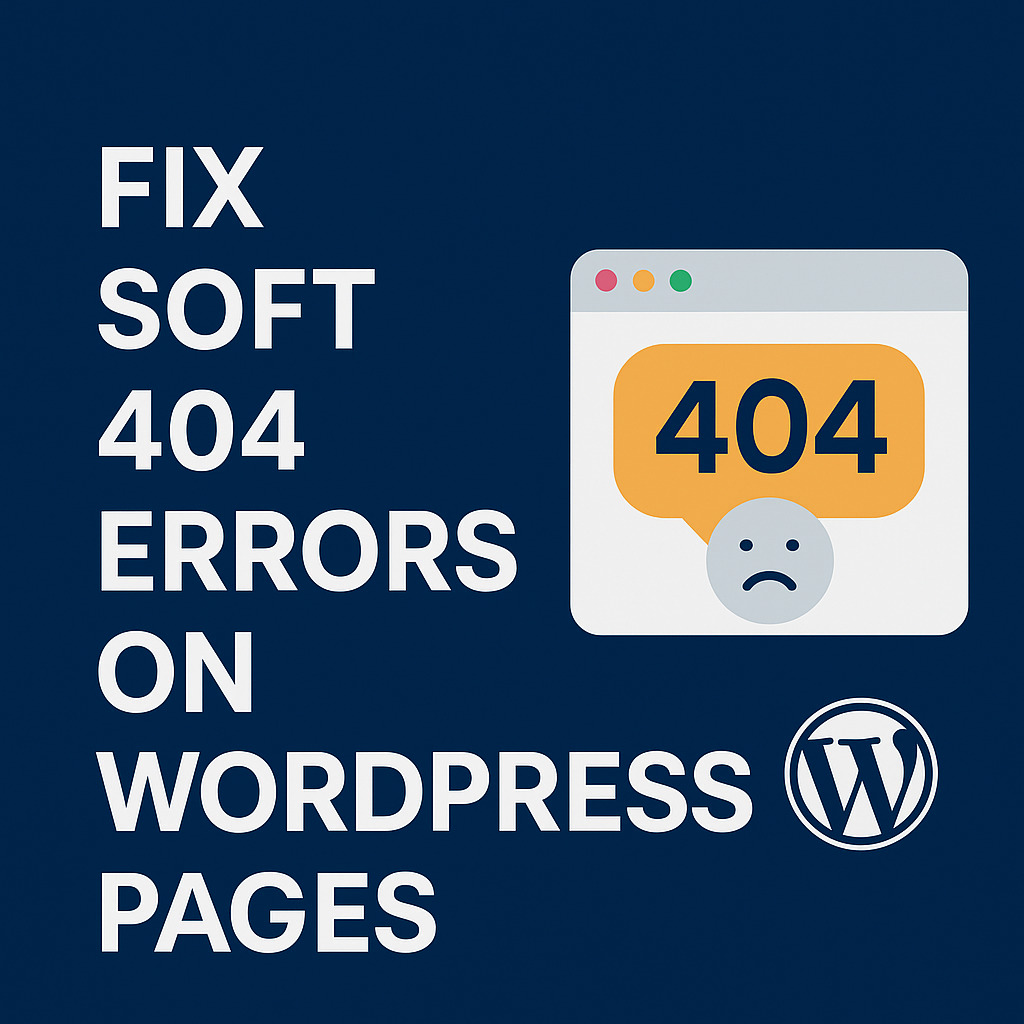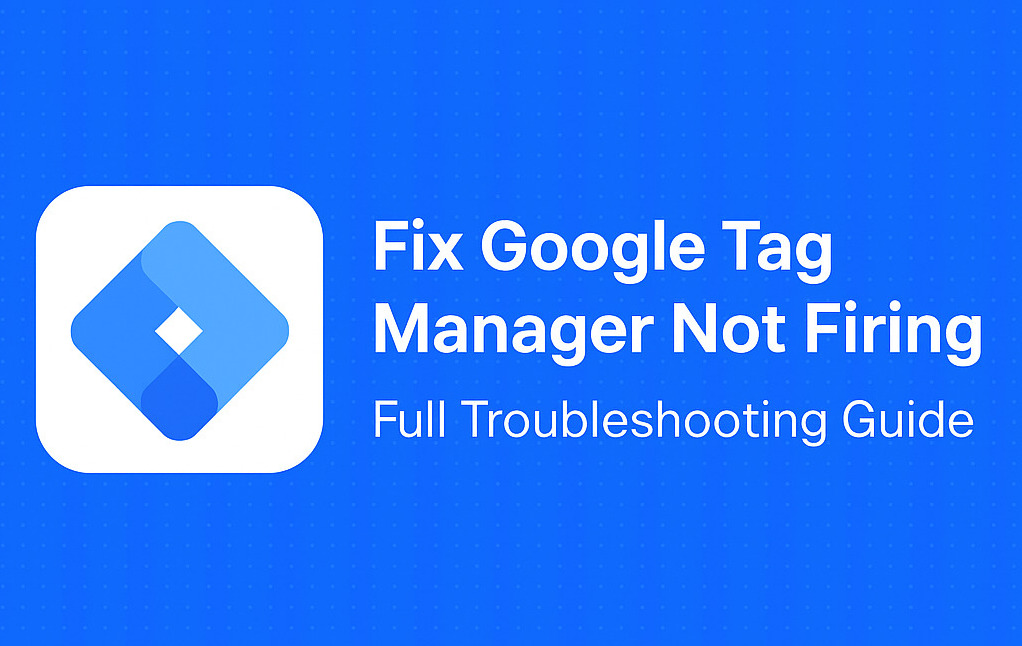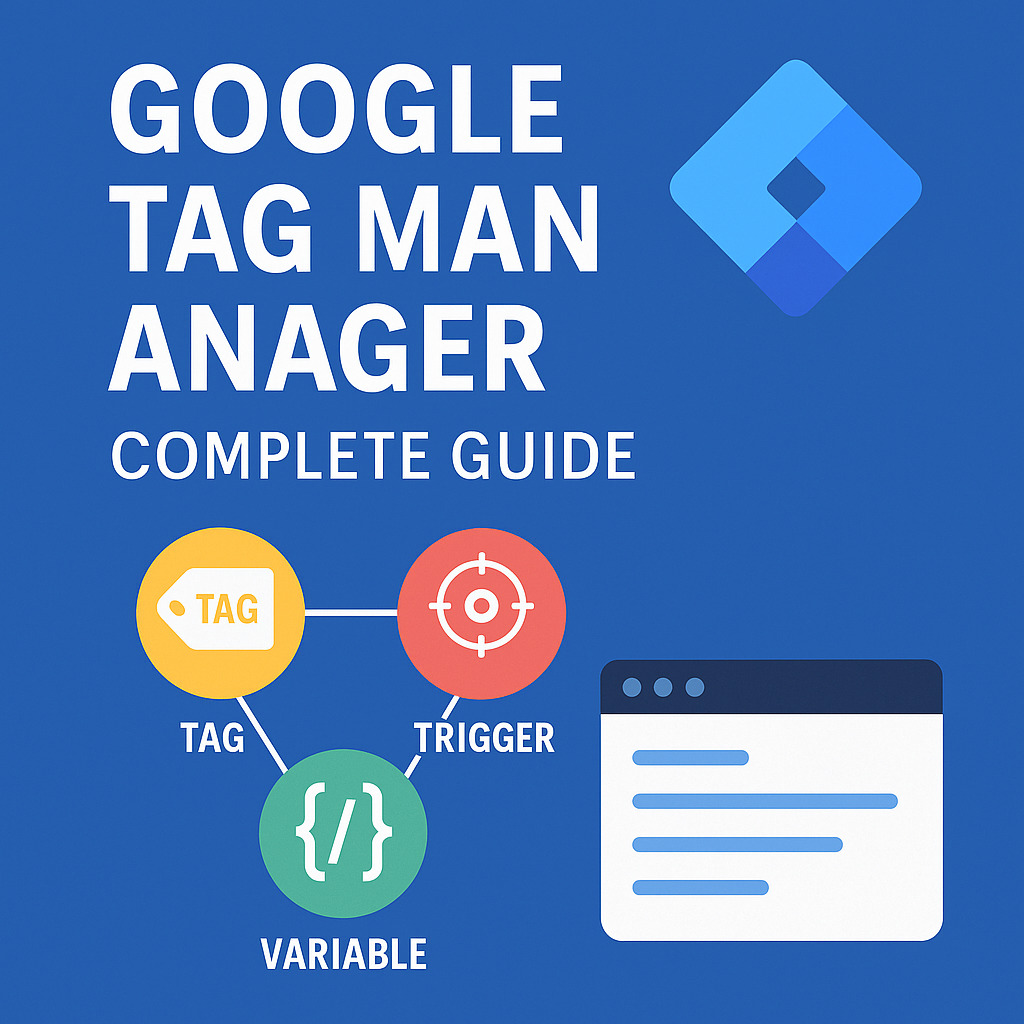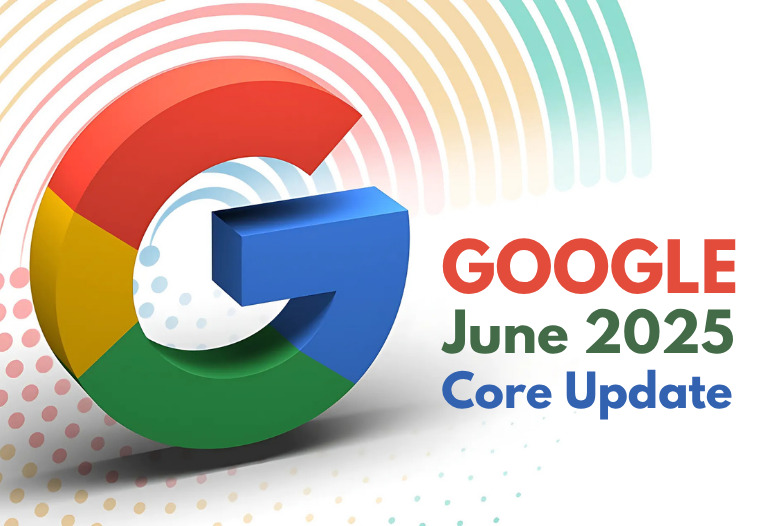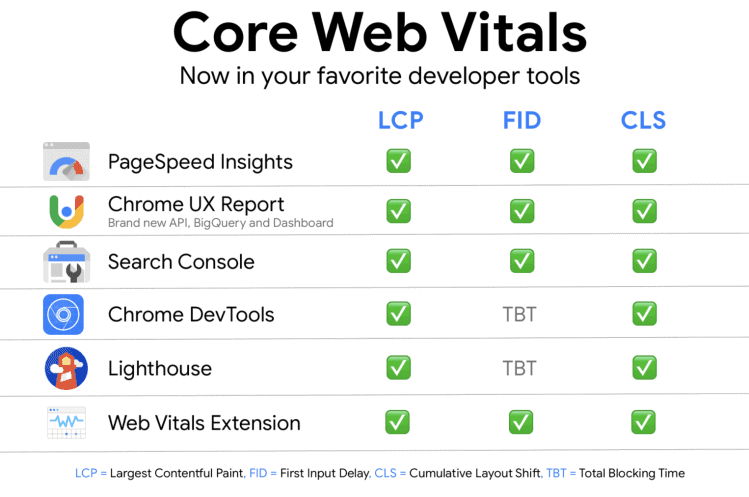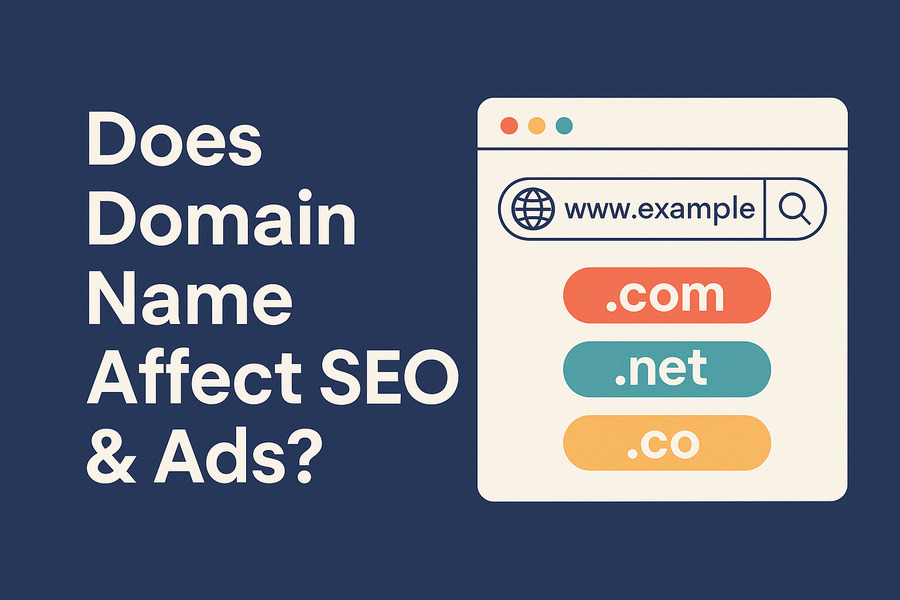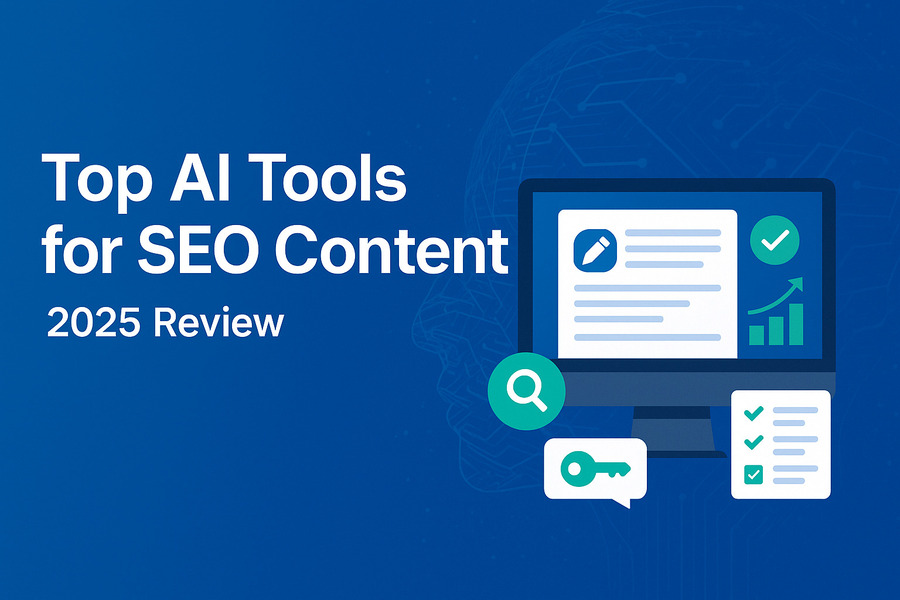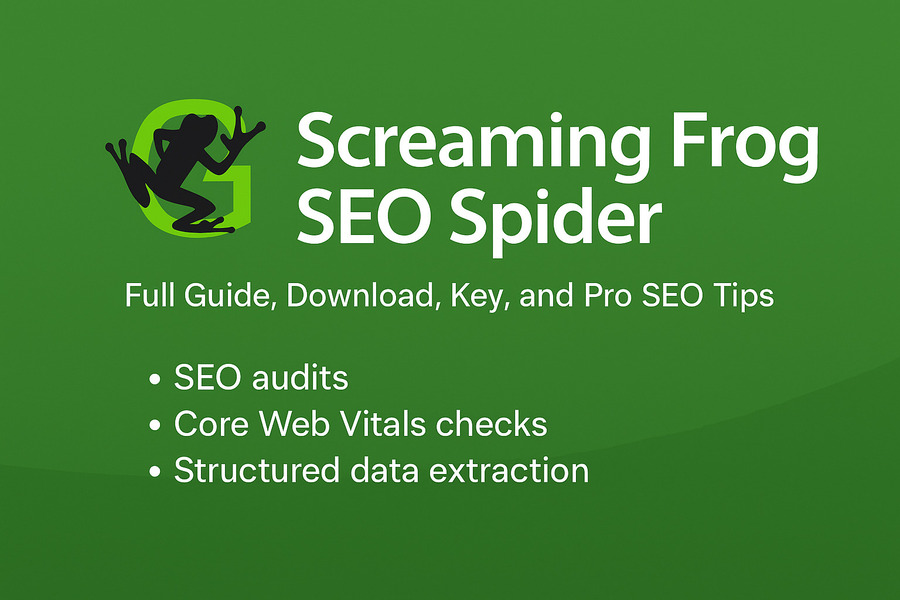What is EEAT in SEO and Why It Matters in 2025
Google has long emphasized quality content in its search results. One of the most important concepts tied to quality is EEAT, which stands for Experience, Expertise, Authoritativeness, and Trustworthiness. While it might sound like SEO jargon, EEAT is crucial for determining whether your website deserves a top position in Google Search.
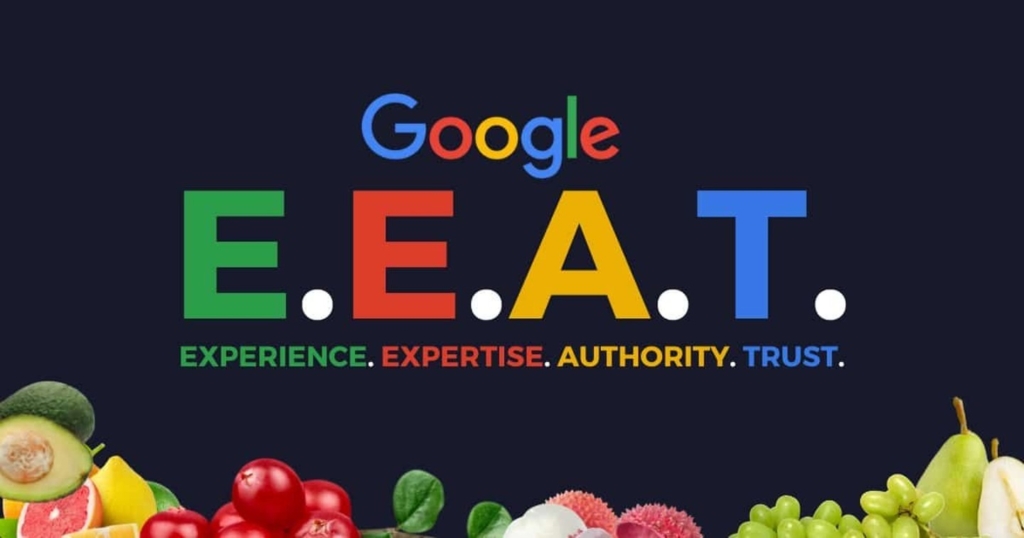
In this article, we will explain exactly what EEAT means, how it affects your SEO rankings, and how to build EEAT in a way that aligns with Google’s expectations in 2025 and beyond.
What Is EEAT in SEO?
EEAT is a set of quality signals that Google uses to evaluate web content. It originally came from Google’s Search Quality Evaluator Guidelines, which are used by human raters to review and score web pages.
Although EEAT is not a direct ranking factor, many of its components are measurable and influence search visibility.
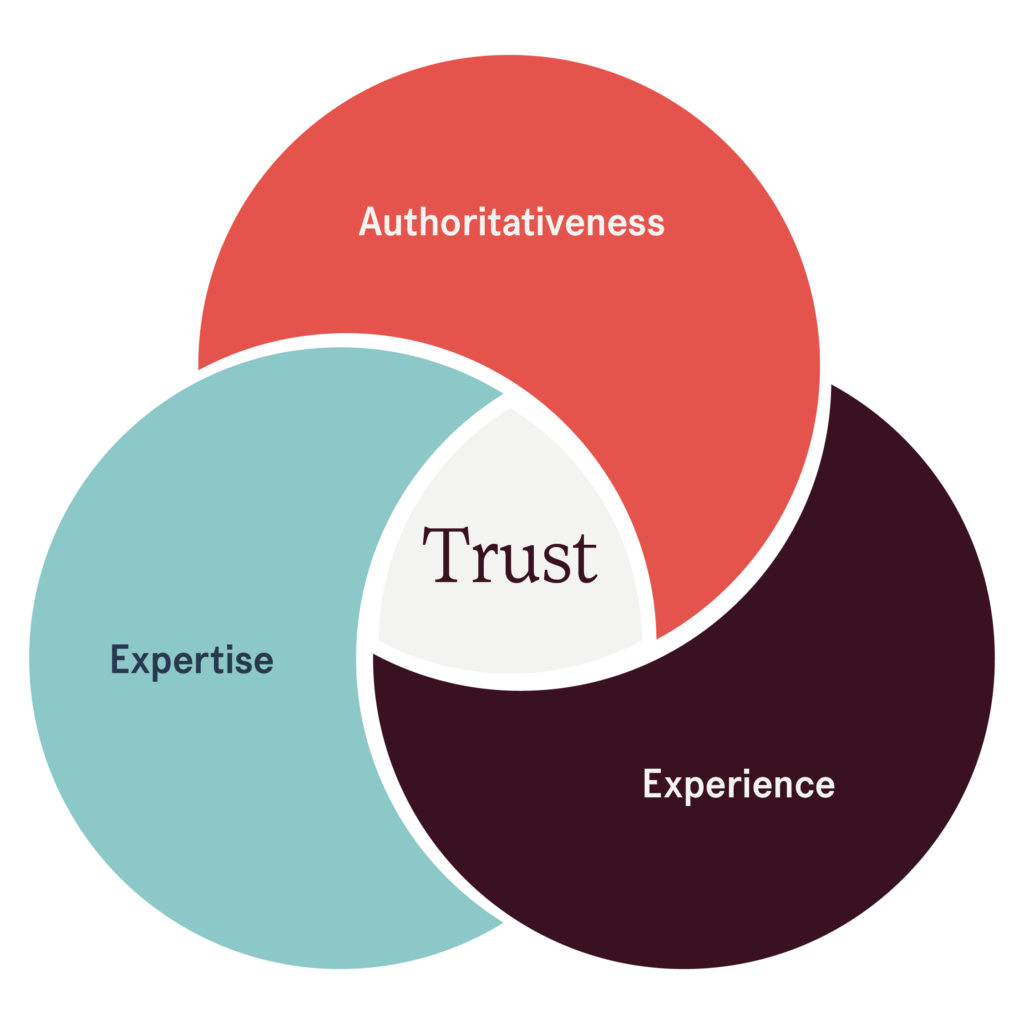
EEAT stands for:
- Experience
- Expertise
- Authoritativeness
- Trustworthiness
Google introduced EEAT (originally EAT) to ensure that content shown in search results is created by people with real knowledge, experience, and credibility, especially for sensitive topics like health, finance, and safety.
Understanding Each Part of EEAT
Experience: Has the Author Lived It?
Experience means the content creator has firsthand, personal involvement with the topic. Google wants content from people who have actually done or used the thing they’re writing about.
Examples:
- A person who reviewed a smartphone after using it for a month.
- A cancer survivor sharing their chemo journey.
Google values this kind of real-life input, especially for topics that rely on personal interaction.
Expertise: Is the Author a Subject-Matter Expert?
Expertise refers to the author’s depth of knowledge. This can be formal (degrees, certifications) or informal (years of practical experience).
Examples:
- A certified dietitian writing about nutrition.
- A software developer explaining how APIs work.
Expertise is especially important in YMYL topics (Your Money or Your Life), such as health, legal, or financial advice.
Authoritativeness: Are Others Recognizing the Source?
Authority is built over time. It’s about whether your website or brand is widely recognized as a go-to source on a topic.
Signals of authoritativeness:
- High-quality backlinks
- Mentions by respected organizations
- Guest appearances on podcasts, news, etc.
Your content needs both depth and reputation to be seen as authoritative.
Trustworthiness: Is the Content Reliable?
Trust is the most important of all EEAT factors. A site must show it’s safe, accurate, and honest.
Ways to build trust:
- Use HTTPS
- Display privacy policy and terms
- Provide clear author bios
- Publish fact-checked content
- Fix broken links and outdated info
Trust applies not just to the content but to the entire website experience.
How Does EEAT Impact YMYL Topics?
YMYL stands for “Your Money or Your Life.” These are topics that could impact a user’s health, financial stability, or well-being. Google holds such content to the highest EEAT standards.
Examples of YMYL content:
- Medical advice
- Financial investment tips
- Legal guidance
- Product reviews affecting buying decisions
If your site publishes YMYL content, you must show:
- Clear author credentials
- Transparent sourcing and fact-checking
- A secure, professional website design
Failing to meet EEAT for YMYL topics can severely limit your ranking potential.
How to Improve EEAT on Your Website
Build Detailed Author Bios
Let your visitors (and Google) know who is writing your content. Include credentials, experience, and links to social profiles or published work.
Use Verified Sources and Citations
Always link to credible websites when referencing data, statistics, or expert opinions.
Update Content Regularly
Outdated info damages your trust score. Audit your content and update facts, links, and screenshots.
Create a Strong About Page
Explain your website’s mission, who runs it, and why readers should trust it.
Encourage Reviews and Testimonials
Positive feedback builds both authority and trust, especially for local SEO or ecommerce.
Add Trust Signals
Install SSL (HTTPS), use clear navigation, have a visible contact page, and display security badges if applicable.
Does AI Content Meet EEAT?
AI-generated content can help scale content creation, but it doesn’t automatically meet EEAT standards. Google has stated that:
“We care about the quality of content, not how it’s produced.“
If you use AI, you must still:
- Add human review and fact-checking
- Attribute content to real authors where possible
- Avoid generic or inaccurate content
For YMYL topics, Google strongly favors content written or reviewed by real experts.
Can You Measure EEAT?
There’s no EEAT score inside Google Analytics or Search Console. But you can track related SEO signals:
- Domain authority and backlinks
- Page engagement metrics (time on page, bounce rate)
- Keyword rankings for expert-level terms
You can also use third-party SEO tools like Ahrefs, SEMrush, or Moz to monitor signals that correlate with EEAT.
Common EEAT Mistakes to Avoid
- No author information or fake names
- Lack of HTTPS or privacy policy
- Thin content with no expert backing
- AI content with zero human review
- Duplicate content across multiple sites
Fixing these issues can greatly improve your content credibility.
Final Thoughts: EEAT and the Future of SEO
EEAT isn’t just a checklist—it’s a mindset. Google’s mission is to provide helpful, reliable information. That’s why building EEAT is one of the best long-term strategies for SEO.
If your content is:
- Created by real people with real experience
- Supported by expert knowledge
- Recognized by your industry
- Trusted by your readers
Then you’re aligned with Google’s vision.
EEAT will only grow more important with the rise of AI, misinformation, and user-centric search like Google’s Search Generative Experience (SGE).
Start building trust, expertise, and authority today – and you’ll rank better tomorrow.

